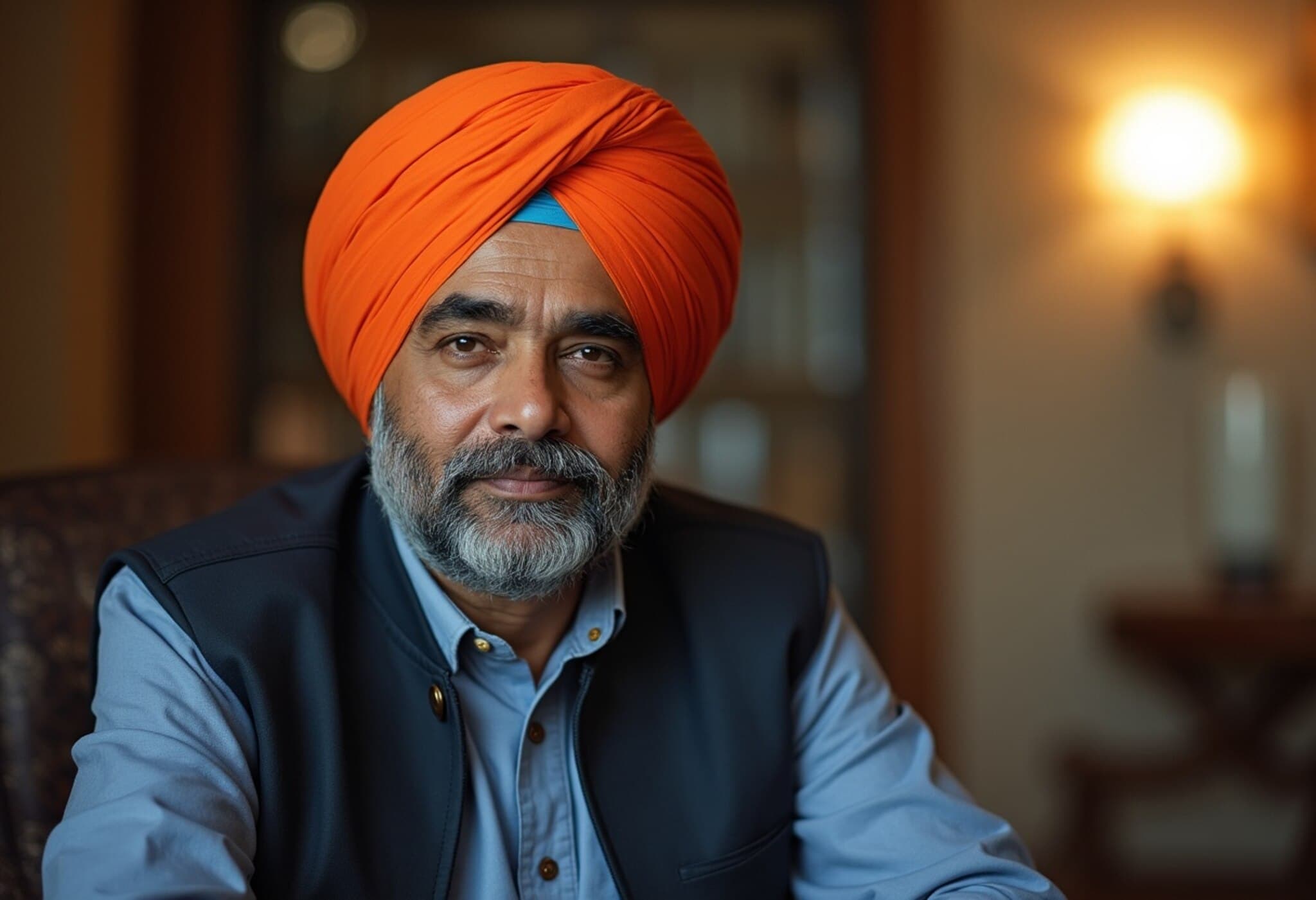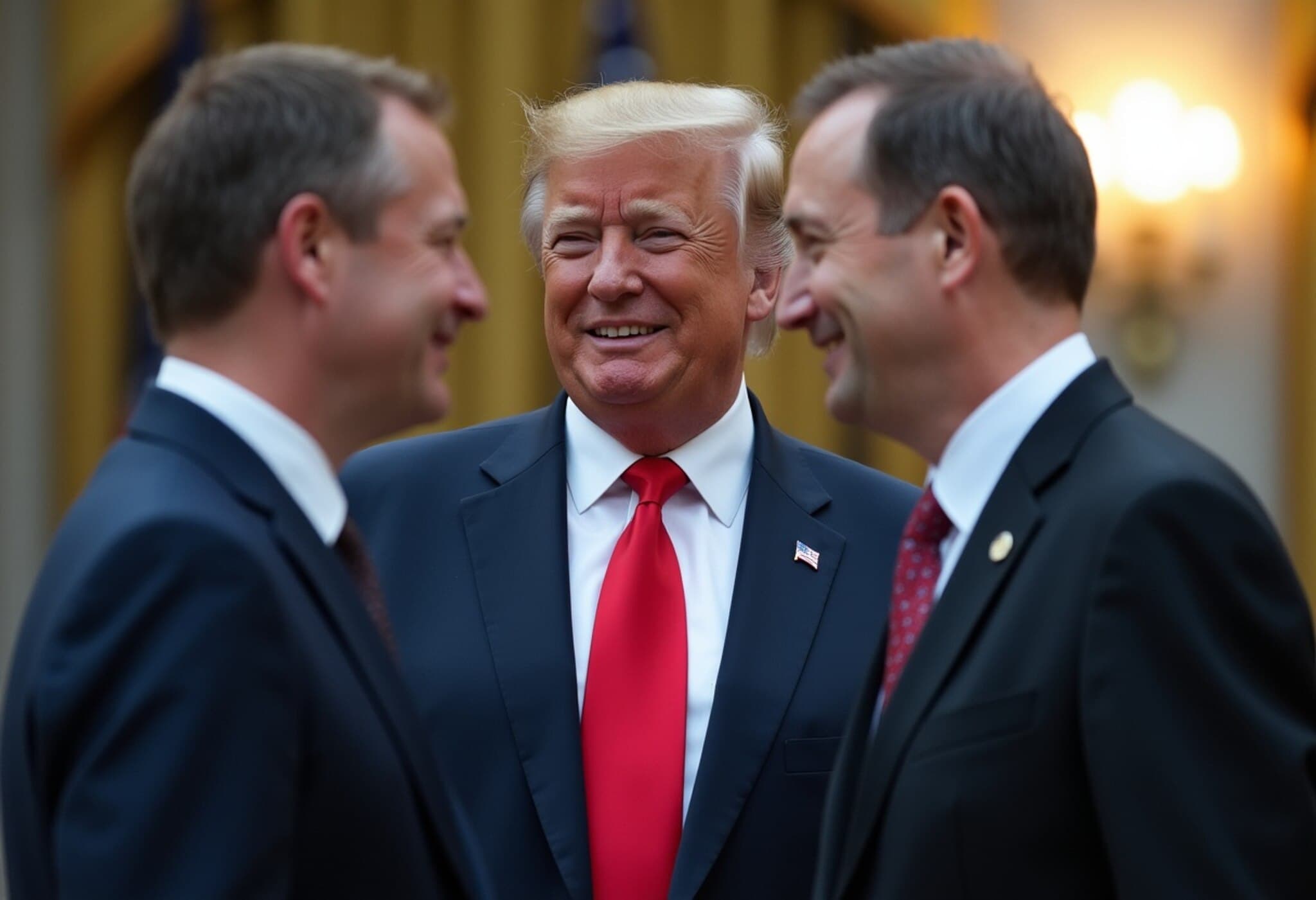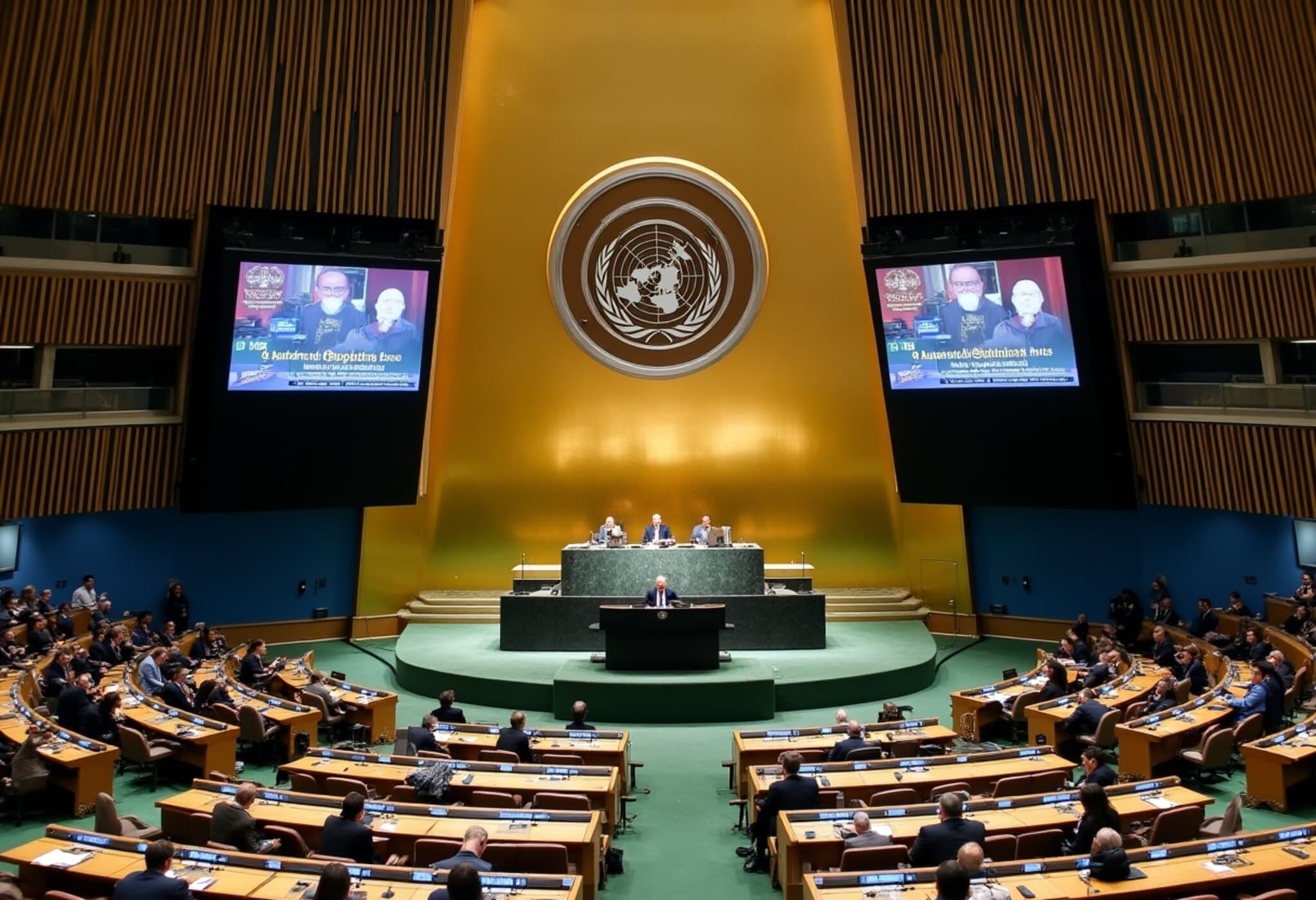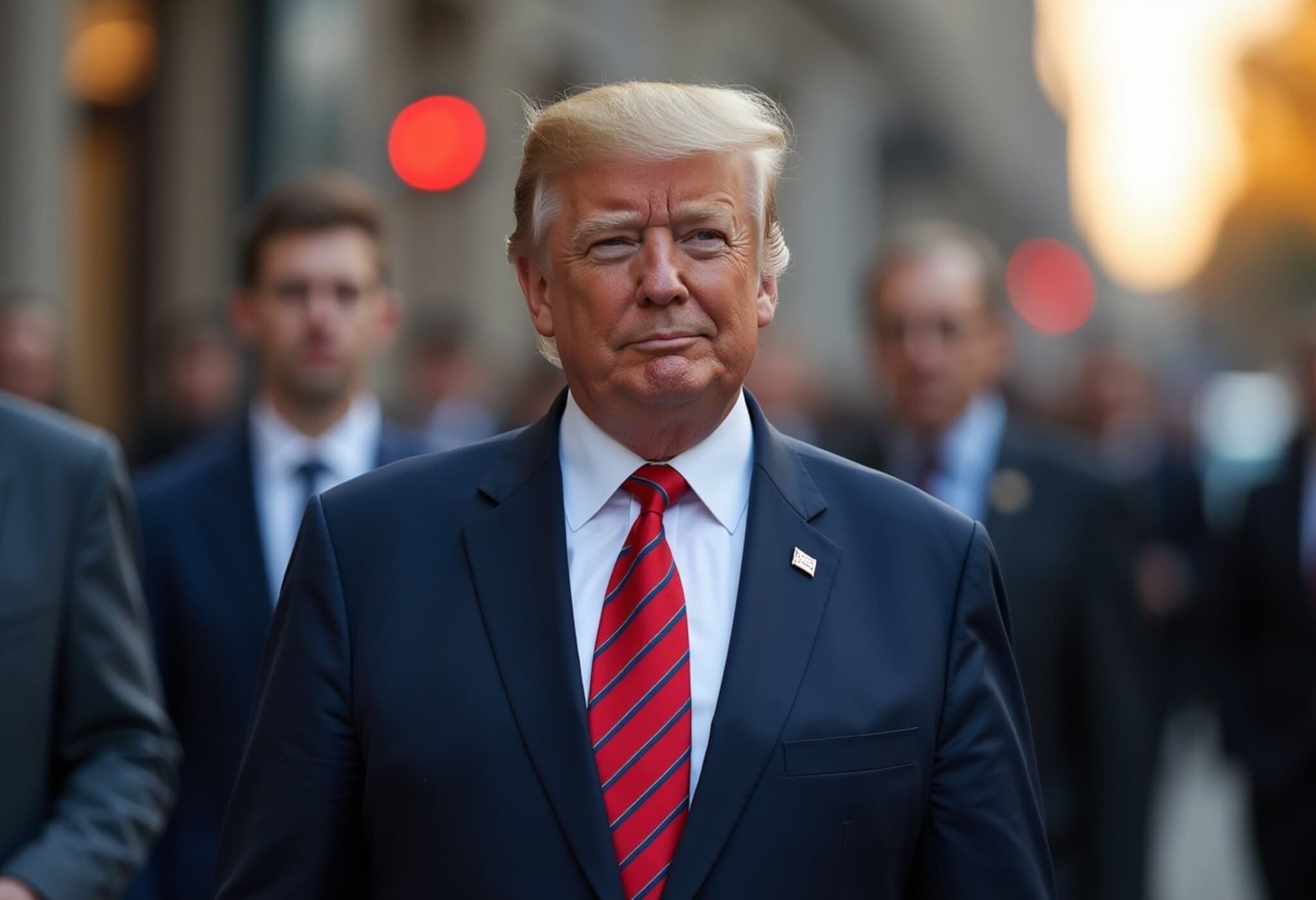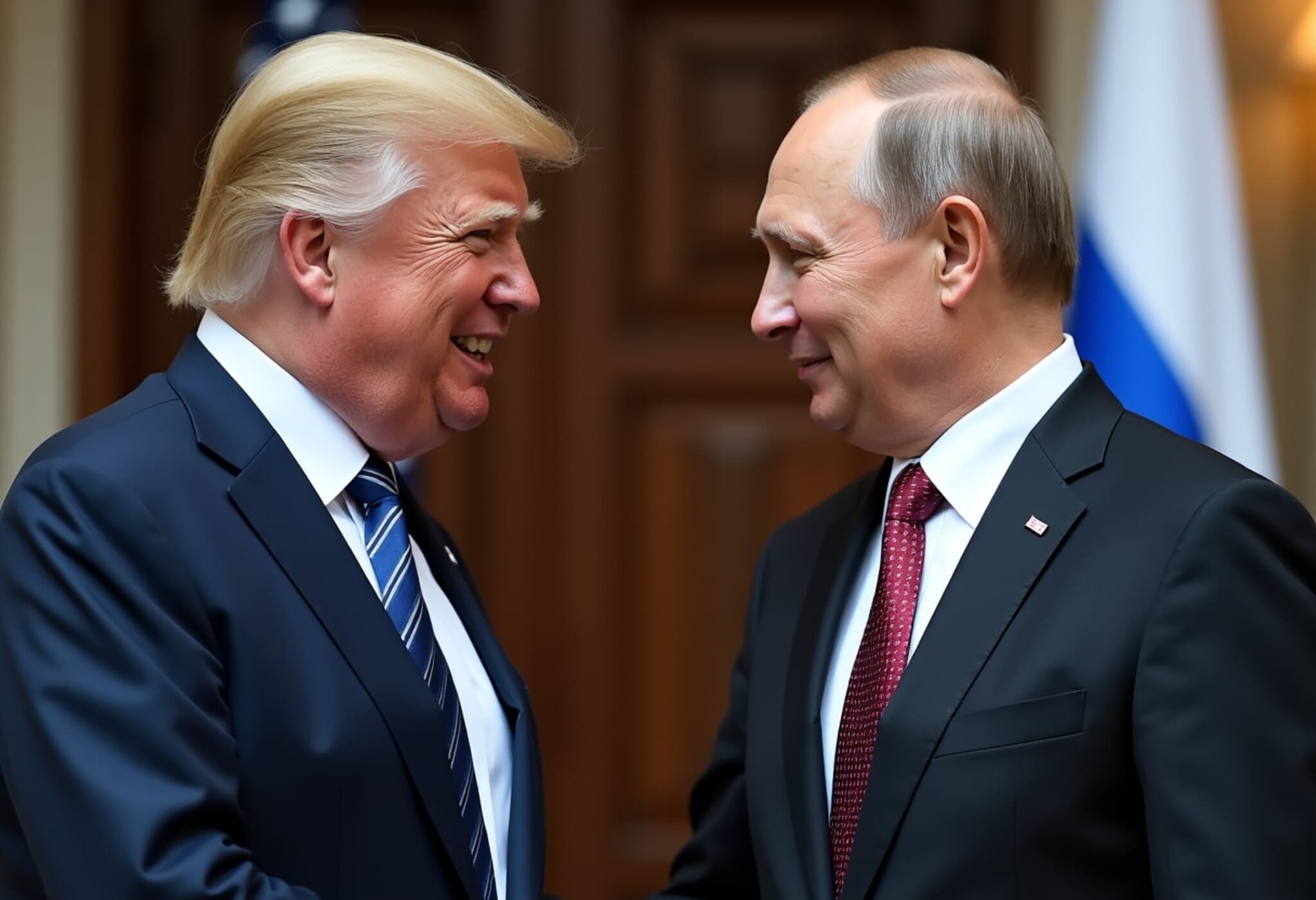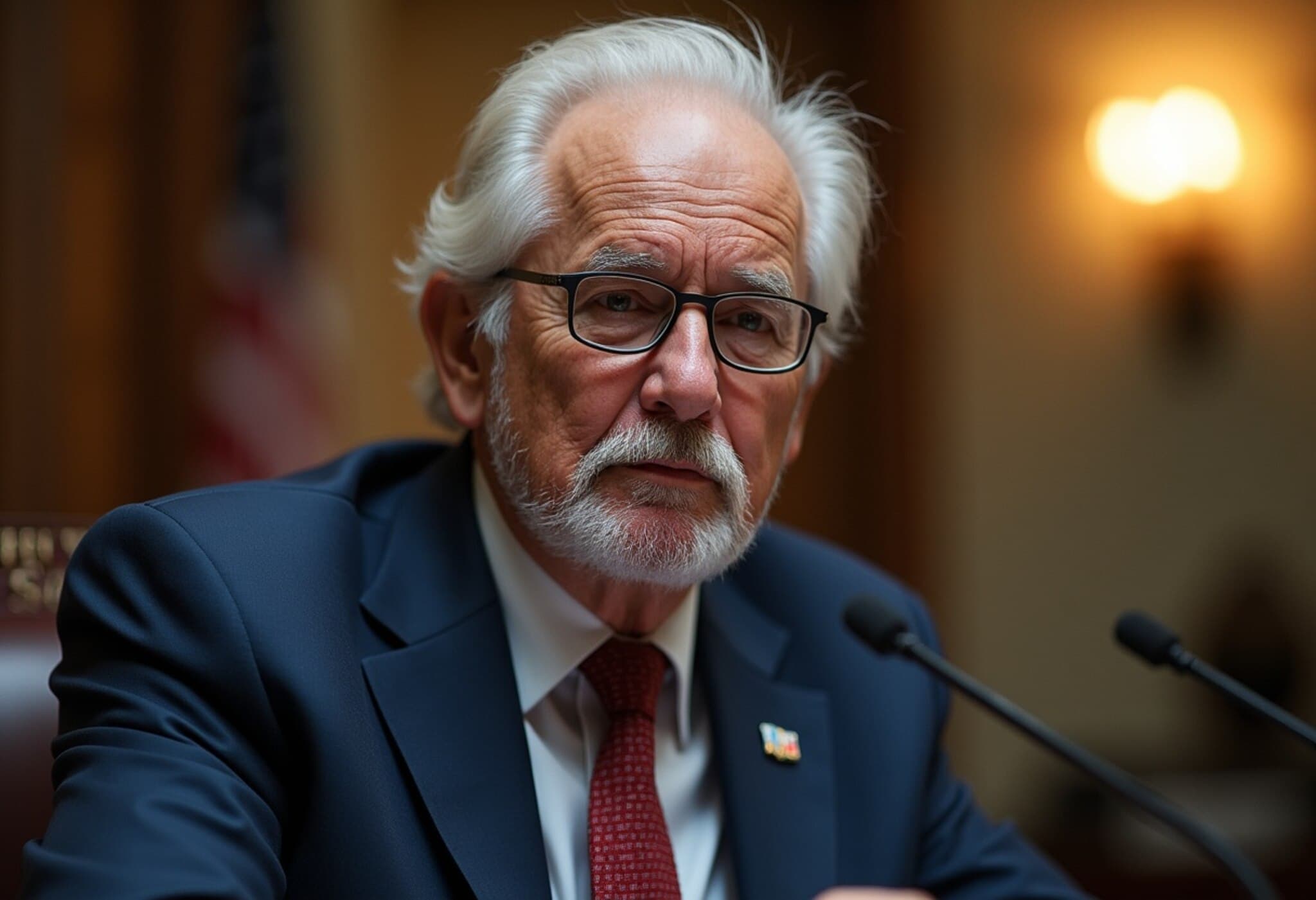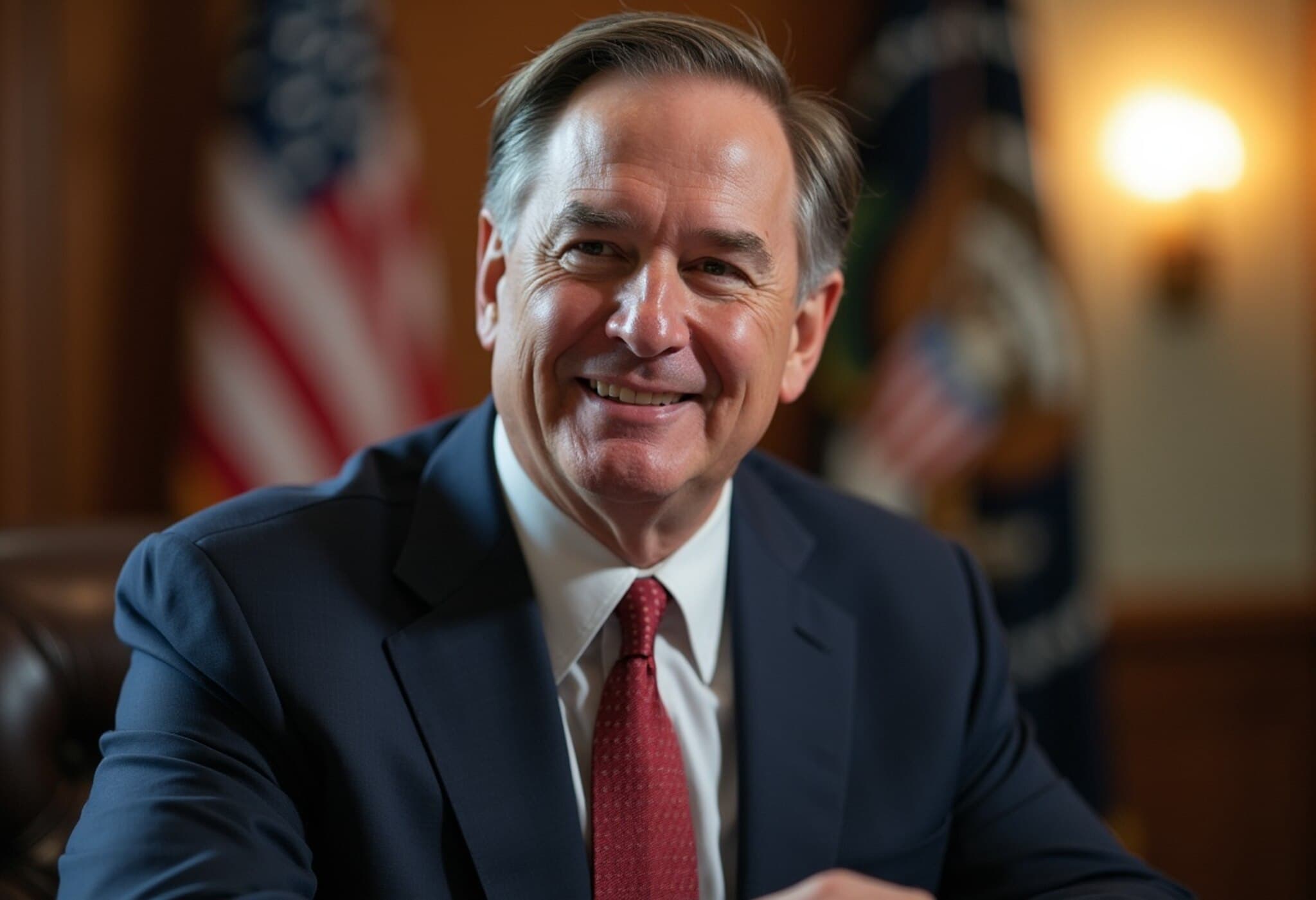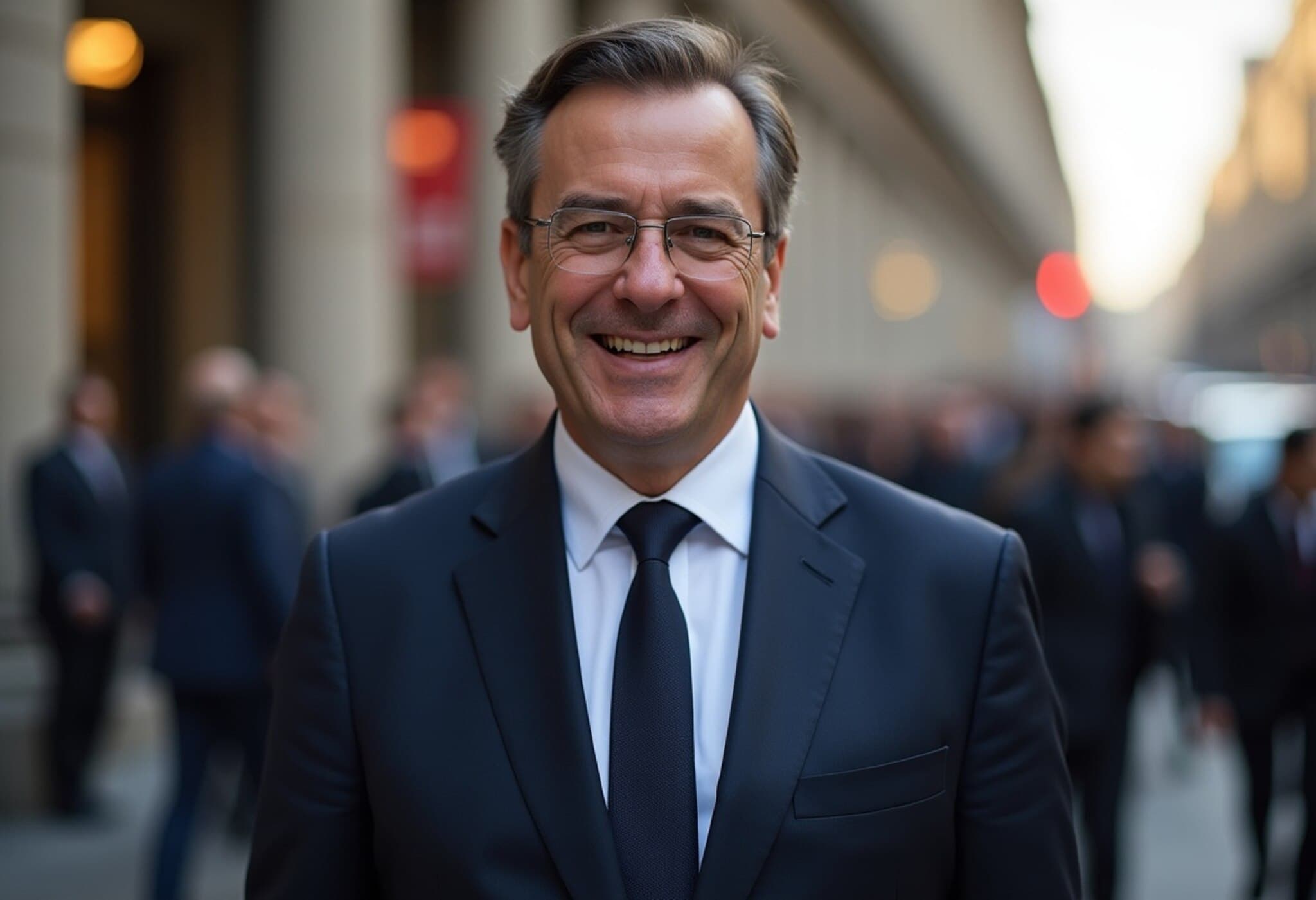Former Indian High Commissioner to Canada Denies Allegations Linking Him to Nijjar Case
In a recent candid interview, Sanjay Kumar Verma, India’s former High Commissioner to Canada, strongly refuted accusations made by Canada’s then Prime Minister Justin Trudeau regarding the assassination of Khalistani separatist Hardeep Singh Nijjar. Verma labeled the allegations as politically motivated and emphasized the absence of any concrete evidence supporting Ottawa’s claims.
Verma’s Defense: Upholding India’s Interests, Not Covert Actions
Speaking with CNN-News18, Verma detailed his official role in Canada, describing it as primarily focused on defending India’s national interests and mitigating anti-India propaganda within Canadian borders. He asserted, “I did my duty of defending India’s interests in Canada. I was able to raise my voice against anti-India elements. I did not do anything which was covert or against Canada-India relations.”
Growing Tensions Over Khalistani Extremism
Verma highlighted ongoing concerns related to Khalistani extremism in Canada, stating that these issues remain a significant security concern for New Delhi. He criticized Canadian authorities for their inadequate cooperation, saying, “They did not share things with us. To some extent, they made our lives difficult. My freedom was limited. Probably they might be watching or listening to wherever I went.”
He also accused Canadian officials of harassment, noting incidents involving defense personnel visiting Canada and himself, which added further strain to diplomatic relations.
The Diplomatic Fallout: A Year of Strained Ties
This confrontation comes nearly a year after India-Canada relations spiraled downward. Specifically, in October of last year, India responded to Ottawa’s public accusations against Indian diplomats by expelling six Canadian diplomats and recalling Verma along with other Indian officials from Canada.
The Indian Ministry of External Affairs (MEA) dismissed Canada’s claims as “ludicrous” and stated that such unfounded allegations merit contempt rather than consideration.
Verma’s Distinguished Career Amidst Controversy
Adding context, the MEA emphasized Verma’s impeccable 36-year diplomatic career, which spanned high-profile postings in Japan, Sudan, Italy, Turkey, Vietnam, and China. A 1988-batch Indian Foreign Service officer, Verma is also an alumnus of Patna University and IIT Delhi.
Broader Implications for India-Canada Relations and Security
India has repeatedly voiced concerns over Canada’s perceived leniency towards Khalistani extremist groups operating within its borders. New Delhi asserts these groups threaten Indian national security, yet Canada has allegedly failed to provide credible evidence or substantial cooperation in addressing these security issues.
This diplomatic standoff underscores a complex web of geopolitical narratives, diaspora politics, and counterterrorism challenges that both countries continue to navigate. Experts highlight that the prevailing mistrust not only affects bilateral trade and cultural exchanges but also complicates cooperative security measures in North America and South Asia.
Expert Commentary: Understanding the Stakes
Dr. Anita Desai, an expert in South Asian geopolitics, notes, “The Nijjar case reflects larger tensions where national security intersects with diaspora politics and domestic electoral considerations. Trudeau’s government faced considerable pressure domestically which may have influenced its public stance, while India is keen to assert sovereignty over threats linked abroad.”
Looking Ahead: Questions Remaining
- Will Canada provide any verifiable evidence to substantiate its claims?
- How might this diplomatic rift impact Indian diaspora communities sensitive to Khalistani extremism?
- Can India and Canada restore mutual trust to effectively collaborate on security concerns?
Editor’s Note
The controversy surrounding the Nijjar assassination and related diplomatic exchanges reveals how international relations can be entangled with domestic political narratives and security anxieties. While allegations fly and careers are scrutinized, the core issue remains the need for transparent dialogue and evidence-based cooperation to address extremism without compromising diplomatic decorum. As the situation evolves, stakeholders on both sides face the challenge of balancing political imperatives with the urgent necessity of national security and bilateral harmony.

